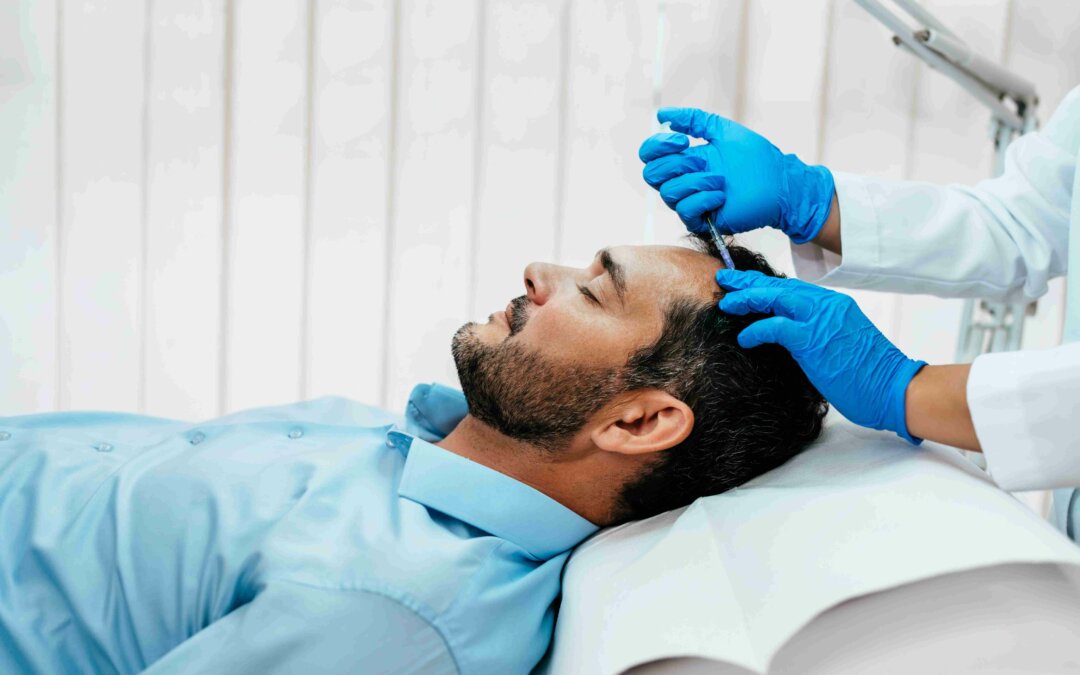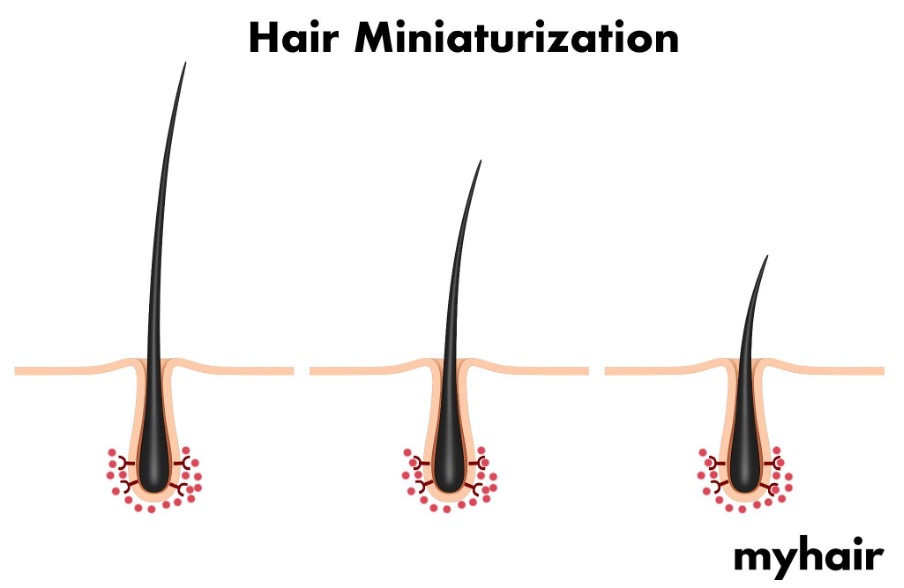Minoxidil was the first drug to ever be approved as a hair loss treatment. Using this medication is easy. You just apply a foam or liquid solution to your scalp daily in order to stop hair loss and improve hair regrowth.
Like all drugs, minoxidil has a few side effects. Fortunately, none of them are related to your ability to father a child. While other hair loss treatments, such as finasteride, can affect sperm count and quality, you can use minoxidil without worrying that it might affect your fertility.
Can I use minoxidil while trying to have a baby?
If you’re worried that using minoxidil can affect male fertility, don’t be. Minoxidil doesn’t affect your hormones or sperm quality.
According to the Food and Drug Administration, even the stronger, oral medication (that’s used as a blood pressure reducer) doesn’t seem to affect fertility. The only time minoxidil impacted male fertility seems to be when researchers gave five times the maximum recommended oral dose to rats. Such high doses are very different from the 2 or 5 percent minoxidil products you’ll buy at your local pharmacy, and would be dangerous for a person to take. So ultimately, it’s very unlikely you’ll experience any fertility-related side effects from using minoxidil.
Minoxidil shouldn’t affect you, your partner, or your child. But if your partner is pregnant or is breastfeeding, should avoid touching minoxidil. This is because, according to the University of Michigan, minoxidil’s effects on pregnancy and breastfeeding are not known. But avoiding this problem is easy. Once the solution or foam has dried, it shouldn’t affect your partner.
Can minoxidil affect erections?
While you might think that the increased blood flow to your scalp might affect your ability to have an erection, this isn’t a cause for concern. Topical minoxidil’s effects (and side effects) are restricted to your scalp.
According to StatPearls Publishing, this medication works as a vasodilator, increasing blood flow to the scalp. The increased blood flow stimulates hair follicles, allowing more blood, oxygen, and nutrients to reach the scalp. The effect is restricted to wherever the drug is applied – and won’t decrease blood flow to other parts of your body.
Minoxidil effects on fertility
If you’re trying to have a baby and are worried about using a hair loss treatment like minoxidil, the effect on male fertility is low to non-existent. While minoxidil has side effects, they’re usually topical, mainly affecting the skin on your scalp. There are no studies showing that minoxidil can impact fertility in any way.
If you haven’t started using a hair loss treatment because you’ve been worried about how a new medication may impact your fertility, you should know that both minoxidil and low-level laser therapy are safe, effective FDA-approved options with minimal side effects. Finasteride, which directly affects your hormones, is the type of medication you’ll want to stay away from.
If you’ve had to stop taking finasteride because you’re trying for a baby, you can switch to minoxidil or LLLT without worrying. Just make sure that there are little to no breaks between stopping one treatment and starting another, as this can impact the hair growth cycle and affect your hair loss.





